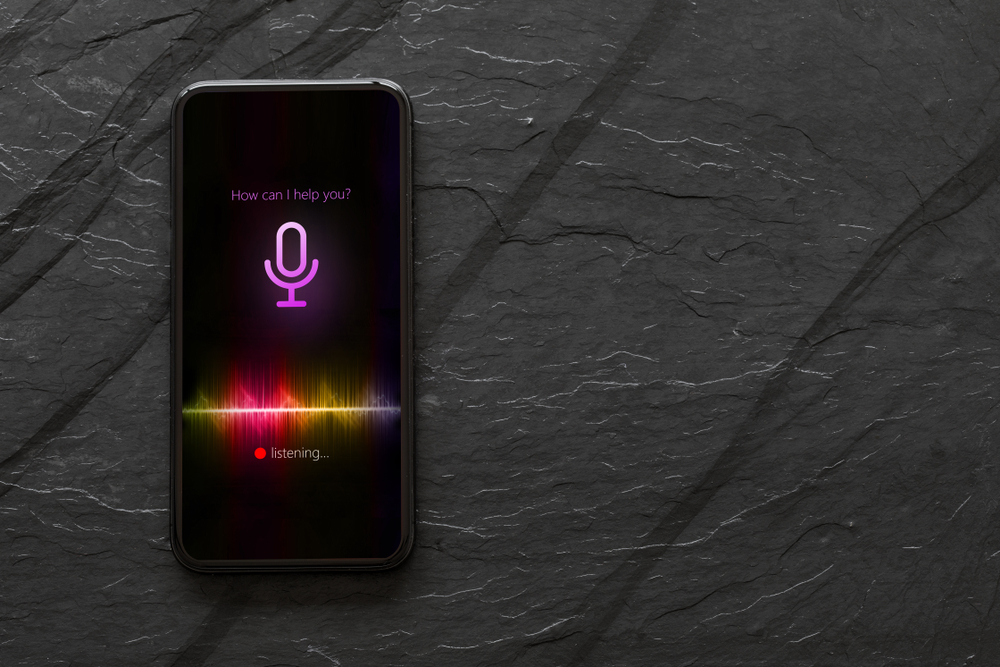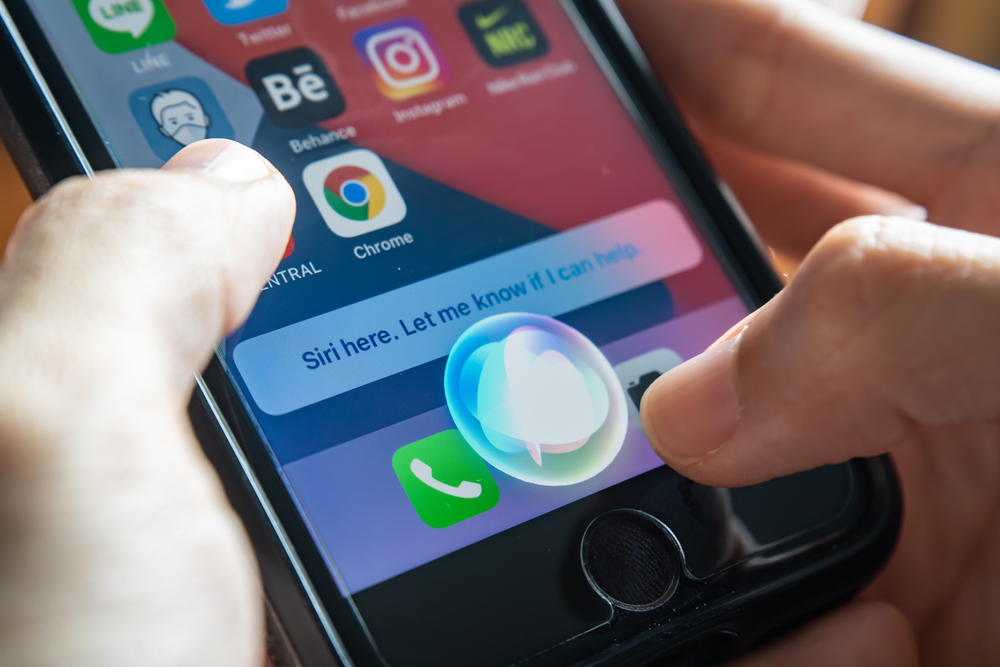Siri tells it all: Becoming the voice of AI
This article is based on the International Keynote at the PropertyGuru Asia Real Estate Summit originally presented on 8 December 2021.
Susan Bennett, the voice behind the world’s most iconic virtual assistant, talks about how Siri came to be

Technology has eased our lives in ways we did not even know were possible — from smart lighting systems that automatically set the brightness inside a room to smart home appliances that enhance our daily lives. We can enjoy these conveniences, thanks to a smart central hub or voice-activated technology. The key to all this is artificial technology (AI).
From robotic to human-like
The most prominent manifestation of voice-activated tech has to be Siri, Apple operating systems’ widely known virtual assistant. Although Siri may sometimes frustrate users when it misunderstands commands, it’s undeniable that AI voice technology has come a long way in terms of how AI voices sound — Siri is no longer the robotic sounding assistant that you can barely interact with.
At the 2021 PropertyGuru Asia Real Estate Summit, the voice actor behind Siri Susan Bennett put it interestingly: “Don’t feel bad when she doesn’t understand you. She doesn’t understand me, either — and I give voice to her!”
Over the years, AI voice has improved to the extent that it now sounds more human-like, which explains why more and more households are using Siri.
“The original voice of Siri was so iconic for a reason. She was the first concatenated voice that really did sound human. She had a personality, a sense of humour, and a bit of an attitude. She was the whole package, and for that reason, she became very popular and successful,” said Bennett.
She also stated that Apple founders Steve Jobs and Steve Wozniak were deeply involved in developing the application. Jobs himself added his personal touch to Siri by injecting it with his trademark humour and wit and dropping some Easter eggs. For example, when you ask Siri what the meaning of life is, the response will likely be: “42 is the answer to the meaning of life.” This answer is taken from ‘The Hitchhiker’s Guide to the Galaxy’, Jobs’ favourite Douglas Adams novel.
“Siri had human traits, so people spoke with her as if they were speaking to another human being, which was pretty cool,” continued the ‘real’ Siri.
Not an Apple original
The most surprising tidbit that Bennett shared during her talk at the annual Summit was the fact that Apple did not create Siri. Engineer Adam Cheyer, computer scientist Tom Gruber, and Norwegian entrepreneur Dag Kittlaus — none of whom were connected to Apple — were the brilliant minds behind the iconic voice tech.
In 2015, Kittlaus revealed that if he were to have a baby girl, he would name her Siri, which means ‘a beautiful woman who leads you to victory’ in Norwegian. However, Kittlaus had a son. Nevertheless, his AI ‘daughter’ Siri would eventually win over the hearts of Apple users all over the planet.
But Bennett had an interesting take on Siri as a character. According to her, Siri was “the feisty woman who tells you where to go.”

A welcome surprise
Since taking on voiceover duties as Siri, Bennett has been relishing the endless opportunities that came her way, such as being invited to appear on shows like CNN–HLN, The Queen Latifah Show, Late Show with David Letterman, and Mariah Carey’s Magical Christmas Special.
She was, however, initially wary of this newfound fame. When Siri was publicly launched on the 4th of October 2011, Bennett was unaware that her voice had been chosen. She said she only found out about it when one of her voice actor friends called her on that momentous day to ask if she was the voice of the iPhone app.
“And I’ll have to say, it was kind of shocking to be this ubiquitous voice and to represent a company like Apple. You would think that I would have had to audition for that role.”
As a voice actor, she preferred to remain anonymous since her profession required her to sound like different people and embody different characters. She did not want to be typecasted as that would have affected her voiceover career.
Related: Asia after COVID: A story of uneven recovery and reinvention
Drowning out the voice of fear
Prior to becoming the American voice of Siri, Bennett was the voice of different characters, including Malicia the Evil Queen, the little elf Star, and fortune teller Madame Francesca. She also sang the jingle of one of the first ATM machine commercials that circulated in the US in the ‘70s.
Interestingly, it took her nearly two years before she publicly admitted that she was the voice of Siri due to certain fears. She had a fear of failure, of looking foolish, and of not meeting people’s expectations. These are fears that could have prevented her from being in dangerous situations but also from getting to where she was meant to be.
“If you can ever get the courage to face your fears and make a leap of faith, you’ll realise how amazing it is that the universe has your back. That simply means that the universe is helping you and opening doors all the time,” said Bennett.
This article was originally published on ARES White Paper Volume 2. For more information, visit AsiaRealEstateSummit.com or email [email protected].
Recommended
Balancing growth and sustainability in Malaysia’s property market
The nation’s property market is stirring to life, fuelled by foreign buyers and major infrastructure drives
ARES White Paper Volume 3: The era of adaptive reinvention
Pioneering sustainable and innovative practices in urban development
ARES White Paper Volume 2: Unravelling the power of data revolution in real estate
Insights on proptech, smart cities, and sustainable development
ARES Digital White Paper Volume 1: The fundamentals of responsible building
Green and climate heroes join forces to discuss how Asia Pacific can weather the current environmental crises and the looming effects of climate change






